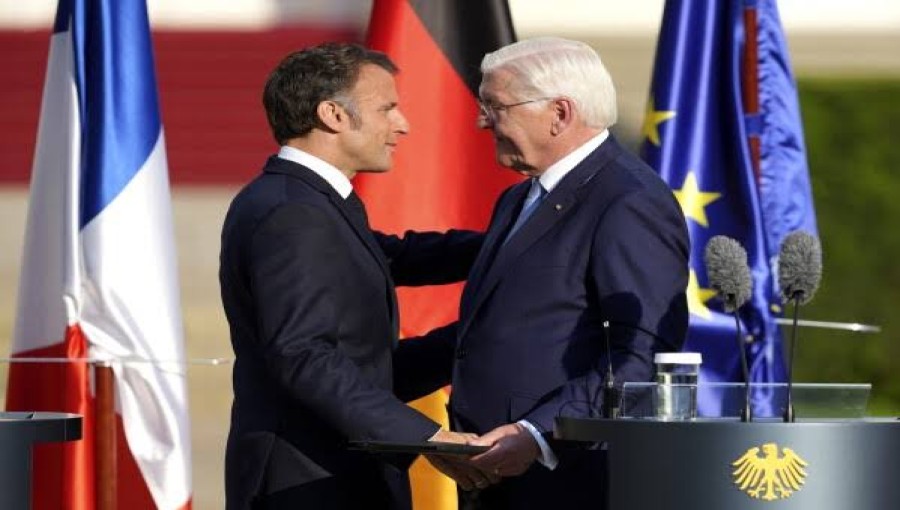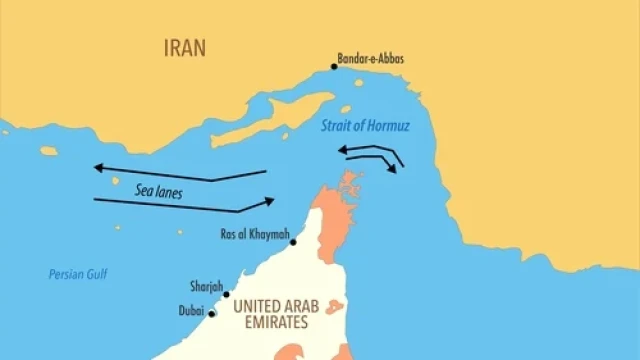French President Emmanuel Macron has commenced a three-day state visit to Germany, marking the first visit by a French president in nearly two decades. Accompanied by his wife, Brigitte Macron, he arrived in Berlin on Sunday, ahead of a crucial bilateral cabinet meeting prior to the European Union parliamentary elections.
Macron's visit aims to strengthen Franco-German relations and coordinate on the EU agenda ahead of the parliamentary elections scheduled from June 6 to 9. Upon arrival, Macron and his wife were greeted by Berlin’s Mayor Kai Wegner. The couple then proceeded to meet with German President Frank-Walter Steinmeier.
On Monday, Macron will travel to Dresden, where he is scheduled to deliver a speech in front of the Frauenkirche, a significant symbol rebuilt after its destruction during World War II by the Western Allies. He will also visit Muenster on Tuesday.
The centerpiece of Macron’s visit will occur on Tuesday when he attends a cabinet meeting in Meseburg, just outside Berlin. This meeting with German Chancellor Olaf Scholz is pivotal as the two leaders seek to reconcile differences and present a united front on the EU’s agenda for the next five years.
Since taking office in late 2021, Macron and Scholz have had divergent views on several issues, ranging from defense to nuclear energy. Despite these differences, they have managed to find common ground on critical topics such as the EU's fiscal reform and energy transition.
Mujtaba Rahman, managing director for Europe at the Eurasia Group think tank, noted that this visit is a demonstration of improved relations at the highest political level between France and Germany. However, he pointed out that significant differences remain on key issues that will shape the future of the EU.
France, a nuclear-armed state, has advocated for a more self-reliant Europe in terms of defense. In contrast, Germany continues to support integration with US military aid. This visit is seen as an opportunity for both leaders to discuss and potentially reconcile these differing perspectives.































Comment: